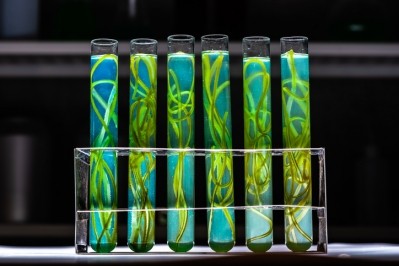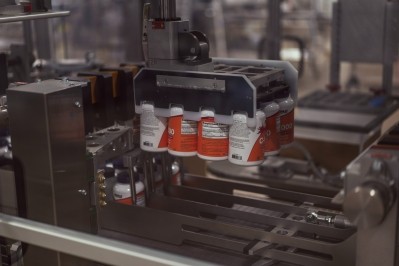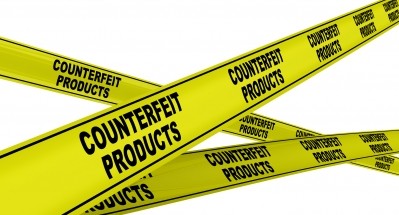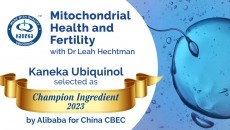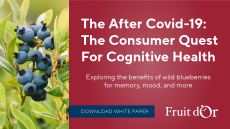NOW calls out ‘significant failings’ in astaxanthin supplement quality
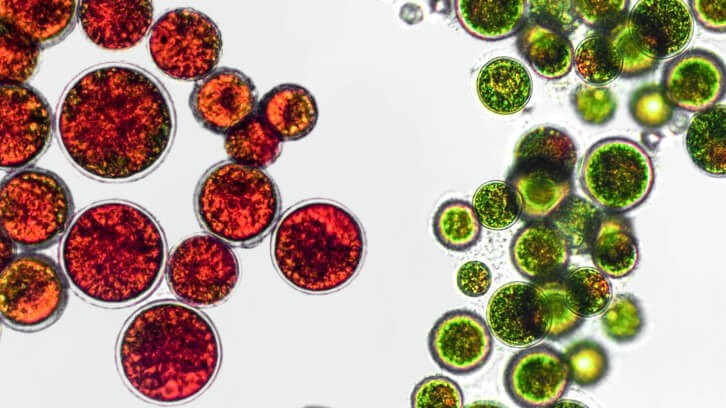
The latest results were released today and represent the 15th round of testing by NOW overall. In 2017, NOW sounded the alarm by testing unfamiliar brands on Amazon to evaluate the results and compare those to label claims. As we reported earlier this year, the program has now expanded to include Walmart.com given that platform’s growing market share.
The program was recognized by the Editors of NutraIngredients-USA with the 2021 Award for Industry Initiative of the Year.
NOW turned its attention to astaxanthin when alerted to a consumer’s concerns about labeling and potency. The consumer reportedly purchased a 24 mg product on Amazon and believed the product was mislabeled based on the oil color and measured weight inside the softgel. Many astaxanthin supplements on the market are formulated at 12 mg or less, meaning that 24 mg is a very high potency for the product. In addition, the prices advertised seemed too good to be true, said NOW.
Testing conducted both in-house in NOW’s state-of-the-art lab and by California-based Alkemist Labs revealed that 14 out of 22 samples purchased on Amazon.com and Walmart.com failed potency testing (64%).
In addition, 13 out of the 14 failures contained less than 1 mg of astaxanthin (93%).
Amazon.com and Walmart.com were both contacted by NutraIngredients-USA for comment, but neither responded prior to publication.
Astaxanthin
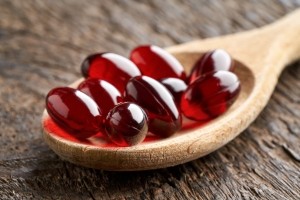
Astaxanthin is a reddish carotenoid with powerful antioxidant activity that is sourced from the microalga Haematococcus pluvialis. The ingredient can also be produced synthetically, much of which is used in aquaculture to give farmed salmon a richer pink color.
It has been studied for its antioxidant, anti-inflammatory, eye health benefits, cardioprotective properties, immune system modulatory activity, and neuroprotective activities, and demand for astaxanthin supplements has grown over the years as more science emerges to support its benefits.
While the majority of products are dosed at 12 mg or less, there are some products on the market touting higher potencies. In a press release, NOW revealed that it found three brands being sold today on Amazon at 24 mg.
The ingredient is typically sold by producers in 1%-10% levels, which means that a 10% oil will require 100mg Astaxanthin algae in a softgel to get 10 mg label claim of Astaxanthin. Most Astaxanthin is sold in a liquid, oil-soluble form and packaged in softgels. Astaxanthin powders are available, but the cost is higher.
New tests
Twenty-two products purchased on Amazon and Walmart.com at the end of April 2023 were subjected to two tests: HPTLC (high-performance thin-layer chromatography) was used to confirm the presence of algae-derived astaxanthin vs synthetic astaxanthin, while HPLC (high-performance liquid chromatography) was used to quantify the astaxanthin in the tested products. NOW in-house labs performed all the tests while Alkemist Labs also performed HPTLC on the samples.
“The brands were picked because they are less known and sold almost entirely on these platforms,” explained NOW. “NOW has not felt the need for testing health food store brands or practitioner brands, which it views as being less suspect.”
NOW did include one of its own products in the testing: A 12 mg veggie gel product that came out with 13 mg of algae-derived astaxanthin.
While about 33% of the brands tested were first-timers in NOW’s testing program, many of the others were described as “repeat offenders” by NOW, having shown up poorly in other tests, like CoQ10, Bromelain, and Phosphatidyl Serine.
The results showed that only eight brands passed the potency tests, including Bulk Supplements, Deal Supplement (CA), Doublewood (PA), Health Thru Nutrition (NY), Horbaach (NV), Micro Ingredients (CA), NatureBell (CA), and NOW.
The other 14 failed the potency tests, with 13 of these barely containing any astaxanthin at all. All three of the higher potency 24 mg products failed “very badly”, said NOW, and the only gummy tested contained less than 1% of astaxanthin.
“NOW does this testing to publicly report which brands are labeling accurately,” said Dan Richard, VP of Global Sales and Marketing, NOW health Group. “We welcome brands to communicate with NOW about these findings and openly share this information with all customers, industry trade groups and FDA.”
Richard confirmed to NutraIngredients-USA that NOW has shared the results with Amazon, Walmart, NPA, and the FDA.
Daniel Fabricant, PhD, president and CEO of the Natural Products Association (NPA), told us that these results underscore the need for industry-wide efforts like SSCI (Supplement Safety Compliance Initiative), an industry-driven initiative led by retailers to provide a harmonized benchmark created to recognize supplement safety, authenticity, and compliance standards.
"With so much of the industry shifting to contract manufacturers, there needs to be more communication, less fragmentation, and greater harmonization of standards."

